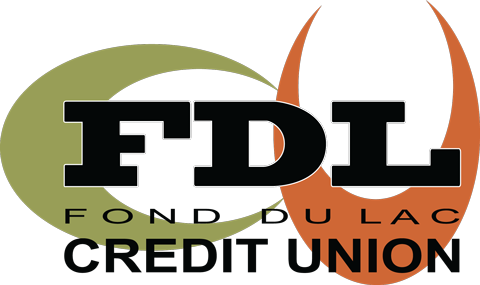You’ve done your research, test-driven numerous vehicles, and finally narrowed it down to the one you want to buy. Congrats! As if that decision wasn’t hard enough, now your lender is presenting you with warranty and additional coverage options as you finalize your financing. Should you add those on, or decline? In the consumer world, we hear “warranty” often. When buying electronics, furniture, appliances, and more. It’s easy to just say “no thank you” because the risk is small enough. Chances are, your new TV is going to outlive the length of the warranty. But what about when purchasing a car? Before you decline out of habit, let’s break down some of those options.
GAP Coverage
What happens if your car gets totaled in a collision, or is stolen? Your auto insurance company would pay out a total loss settlement, in the amount of what your car is worth. That is great, but if your loan balance exceeds what your car is worth, you would be liable for the difference. That is where GAP Coverage can help. Simply put, GAP Coverage is additional insurance that covers your vehicle’s value between the amount you owe, and the amount the vehicle is worth. Whether or not you should buy GAP Coverage is ultimately up to you, but here are some cases to consider:
If you make a large down payment on your new vehicle, you may be more inclined to pass on this extra coverage. GAP coverage is only designed to cover you in situations where you owe more than the car is worth, and in these cases, you probably won’t.
If you finance your vehicle over a longer term, put zero, or a small amount down, you may want to consider GAP coverage. A car’s value depreciates over time, often faster than you are paying off your loan. That means you will likely be upside down on your loan for the first couple of years. Should you total your vehicle, you’ll owe your bank more than the vehicle is worth.
Mechanical Repair Coverage
As vehicle owners, there is standard wear and tear repair work we should have done to maintain and prolong the life of our cars. But what happens if something major goes wrong, like the transmission, engine, or electrical system? A standard auto insurance policy doesn’t cover the cost of repairs. Having Mechanical Repair Coverage could help deflect some risk of costly repairs, by helping to cover the expense. Like an insurance policy, there are different coverage levels and deductibles to choose from, making it easier to fit into your budget. Some other benefits typically included in this coverage are rental reimbursements, and emergency roadside assistance, plus it’s transferable if you sell your vehicle privately. Before deciding, consider all options. Does your car already come with a warranty? If not, could you afford to pay out-of-pocket if your car has a major mechanical defect?
Dept Protection
Taking out a loan for a new vehicle can be a financial gamble, because well, life happens. You’re betting that you can pay back your loan and that you won’t lose your job, become disabled, or pass away. If life takes an unexpected turn, you are still liable for your auto loan. Do you have enough in your emergency savings to cover payments until you find another job? Do you have a disability or life insurance policy that would be enough to cover the cost of the loan? To ease some of the financial risks, you may want to consider adding Debt Protection coverage to your loan. This is a voluntary loan-payment protection that helps offer relief from financial burdens in the event of disability, loss of life, or unemployment. The idea is simple; if something happens and you can’t make payments, your Debt Protection coverage will suspend, forgive, or defer your payments.
When it comes to additional coverage options, the decision is yours. We encourage you to assess your risks, weigh the pros and cons, and make the decision that is best for you.
Last year, FDLCU paid 29 claims valued at nearly $40,000, to members enrolled in additional coverage, which shows that it truly pays to review your options. If you have additional questions or want more information, please reach out to a Lending Specialist. We are here to help!

